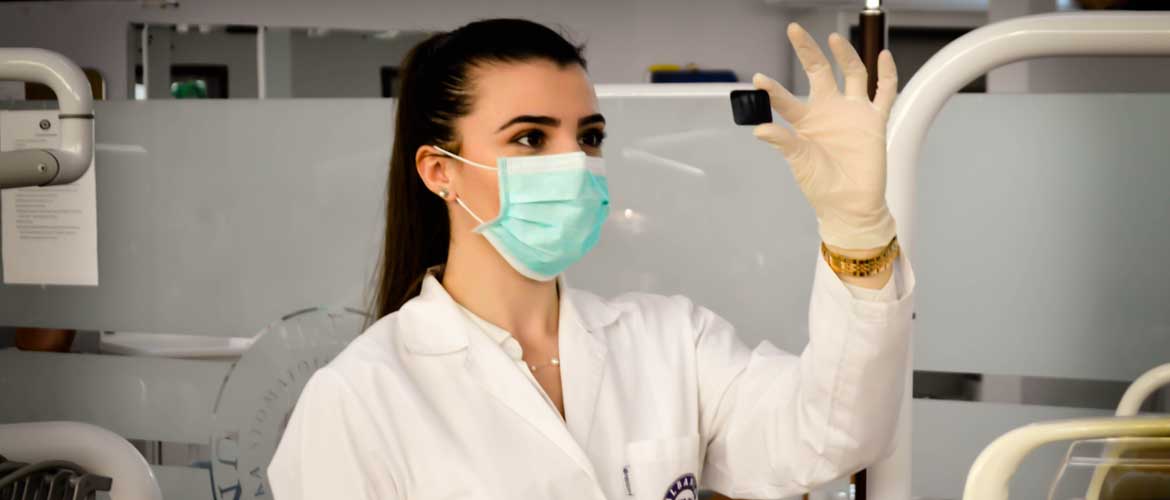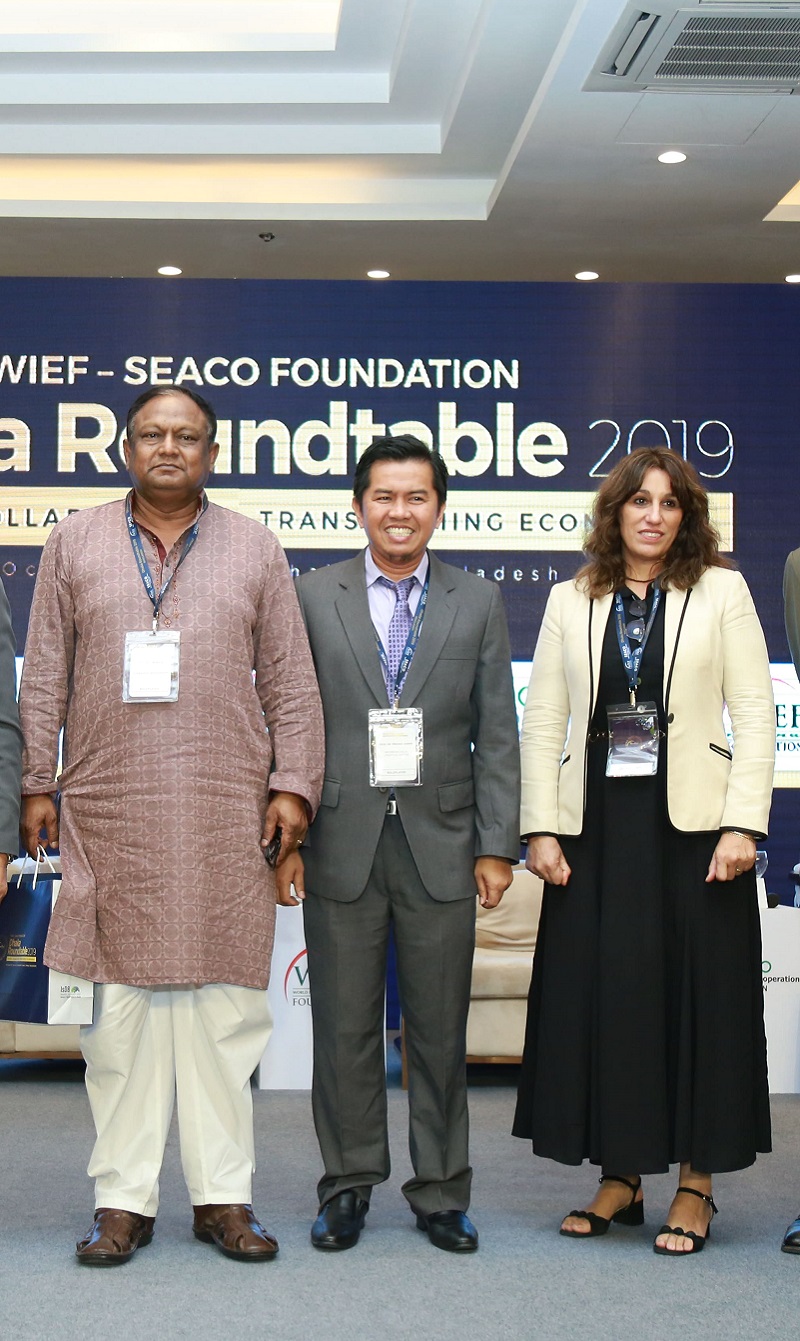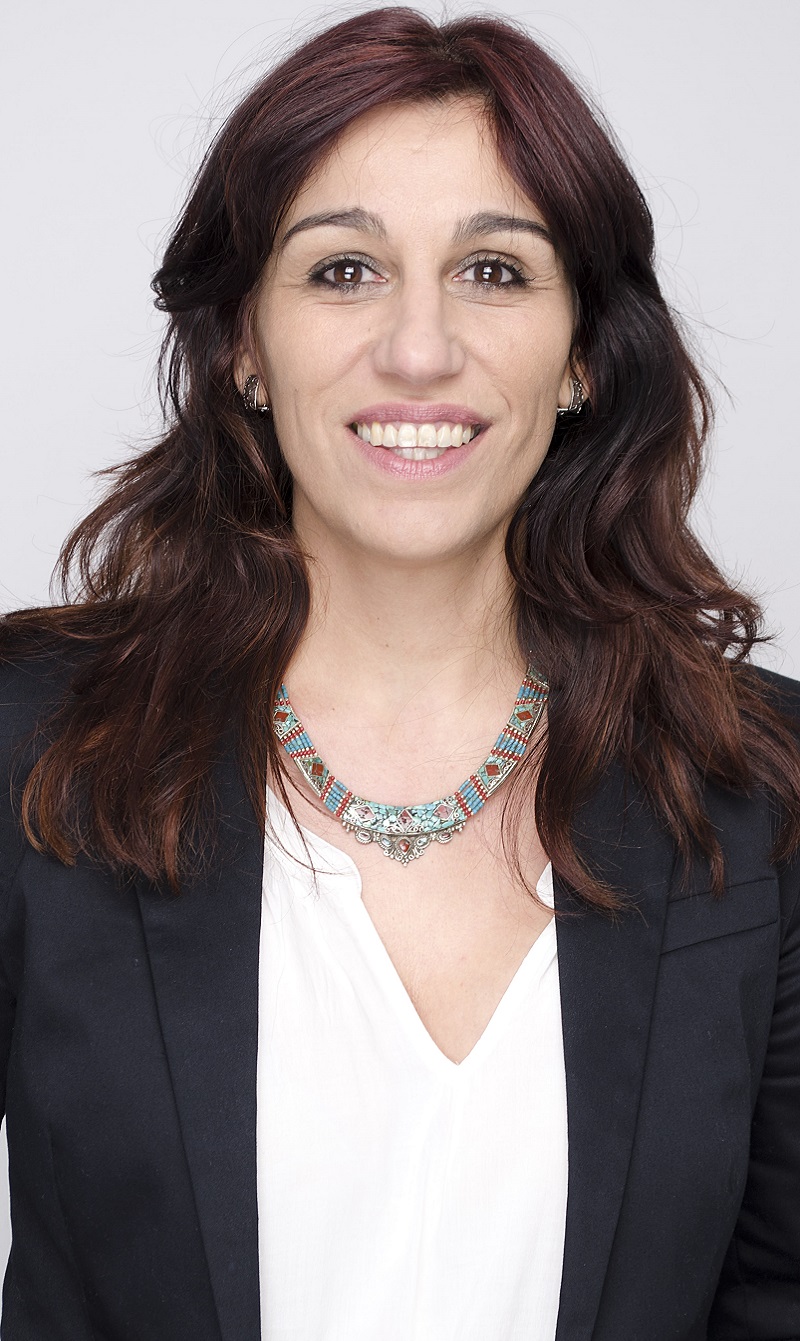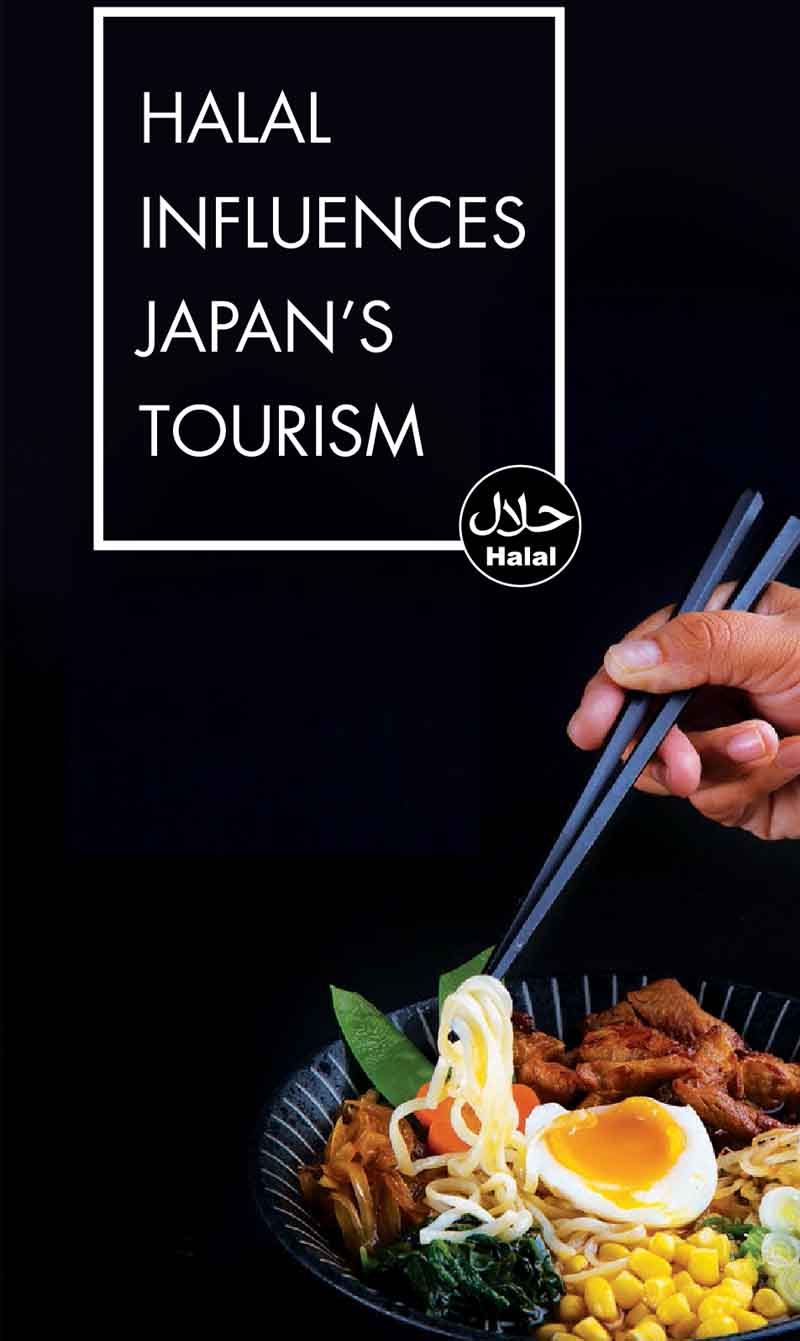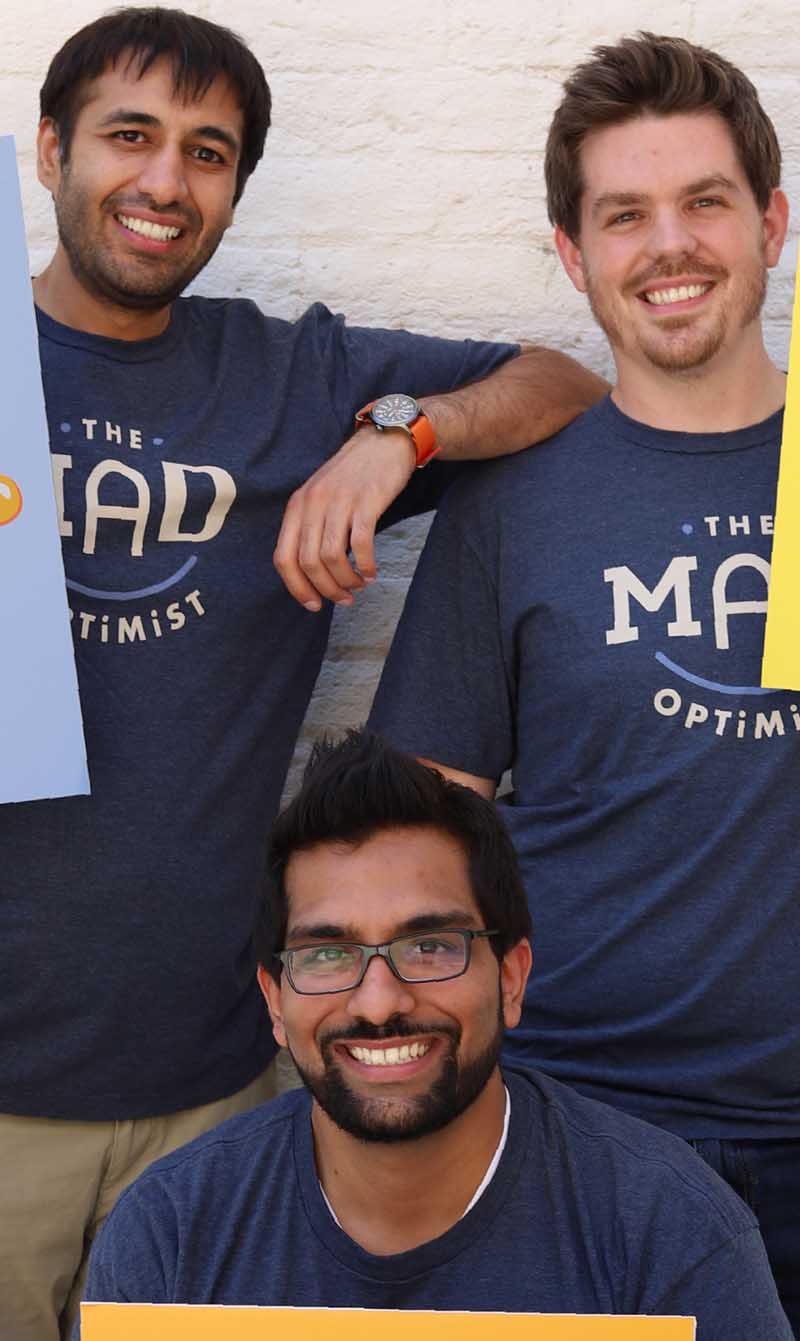Potential of halal vaccines in healthcare
There is a simultaneous medical, social and religious need for halal vaccines based on the fundamental principle of disease prevention. Discoveries of vaccines is one of several medical advancements and halal can take it a step further. This was one of the discussion topics at the 10th WIEF in Dubai in 2015. Here’s a summary of the main points from the discussion.
At the 10th WIEF in Dubai in 2015, the topic of halal vaccines was explored and how the high demand can possibly help advance the health industry. The discovery of vaccines is one of several medical advancements that have had almost unparalleled significance to humanity due to their life-saving impact. Vaccines, which are biological preparations containing disease-causing microorganisms that have been weakened or killed, have contributed to eliminating deadly infectious diseases as well as reducing mortality and morbidity—bringing benefits not just to individuals but to entire communities and societies.
Vaccines are an essential public health tool and are considered to be a key strategy in helping nations to achieve the fourth United Nations Millennium Development Goal (MDG 4), which aims to achieve (by 2015) a two-thirds reduction in the mortality rate of those aged below five years. Ultimately, successful vaccination programmes in all communities enhance equity and promote economic growth.
Global demand for trusted vaccines in the healthcare industry is at an all-time high, especially in terms of halal and organic vaccines. What is the growth potential of these vaccines and how does it affect the healthcare industry?
The global market potential of halal vaccines
There is potentially massive global demand for halal vaccines by the world’s 1.6 billion Muslims and the increasing need for halal alternatives.
At the end of 2013, the world pharmaceutical market stood at about USD1 trillion, with a growth of about two per cent, with biotech pharmaceuticals—which vaccines fall under—generating most of the growth. Additionally, the vaccine market is now worth about USD28 billion and is dominated by four multinational companies. At the same time, there is a lot more room for the vaccine market to grow, as 97 per cent of the pharmaceutical market is spent on therapeutics and only three per cent on disease prevention.
It was estimated that Muslim consumers spent about USD70 billion on pharmaceuticals in 2012, which was 6.6 per cent of the global pharmaceutical expenditure, making it the third largest world market after US and Japan.
It is projected that the halal vaccine market could reach USD96 million in 2020, and USD1.1 billion in in 2030. In other words, it makes business sense to invest in the development of halal vaccines.
Challenges
There are several challenges that must be overcome in the development of halal vaccines:
- Countries and health authorities must agree on a universal definition of “halal”.
- Halal vaccines must successfully address Muslim suspicion of vaccines, such as what is being encountered in Pakistan and northern Nigeria where polio is rampant due to the communities’ fear of the safety or authenticity of the vaccines.
- Standards and regulations must be harmonised to ensure that vaccines would be accepted across the board.
- Countries intending to establish a halal vaccine facility must also invest in research and development to keep up with the competition.
- Creating new infrastructure for halal vaccine production requires that dedicated facilities for halal production be established.
- The labelling of ‘halal’ vaccines may be misunderstood as the declaration that existing vaccines are haram. This may have a negative impact on current immunisation goals and undermine the importance of current vaccines.
Halal pharmaceutical: a definition
- Drug products that do not contain animal parts that are regarded as non-halal by shariah law, or halal animals that are not slaughtered according to shariah law.
- They should be non-toxic, non-poisonous.
The next frontier in eradicating polio?
There is an urgent need for a halal polio vaccine currently, due to the immense impact of the disease on public health. Polio is a crippling disease that can quietly circulate in a community and spread its devastation.
Thanks to widespread international vaccination programmes, polio has been largely eliminated in many developed and developing countries. However, there are still polio cases in northern Nigeria, and in the Middle Eastern region, the border between Pakistan and Afghanistan, as well as small spots in Syria and in Israel.
A halal vaccine would benefit not only Muslim communities but the rest of the world as well. Countries most in need of halal vaccines should establish the necessary production infrastructure themselves instead of relying on Europe or the US.
Safe and superior halal vaccines that benefit all
Halal vaccines must be safe, effective, equal or superior to existing vaccines, and must help to advance existing immunisation coverage goals.
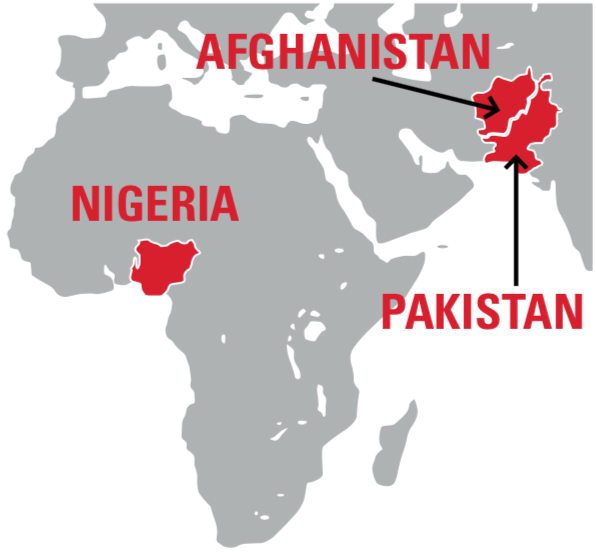
A halal vaccine creates a larger canvas where the current immunisation coverage could improve and reach children who are not being vaccinated today. Halal vaccines will overcome the mental block in certain segments of the population that has led to under-vaccination and the increase of diseases like polio.
There is a simultaneous medical, social and religious need for halal vaccines based on the fundamental principle of disease prevention.
___________________
This is based on a session from the 10th WIEF in Dubai in 2014.
Photo by Ani Kolleshi on Unsplash
